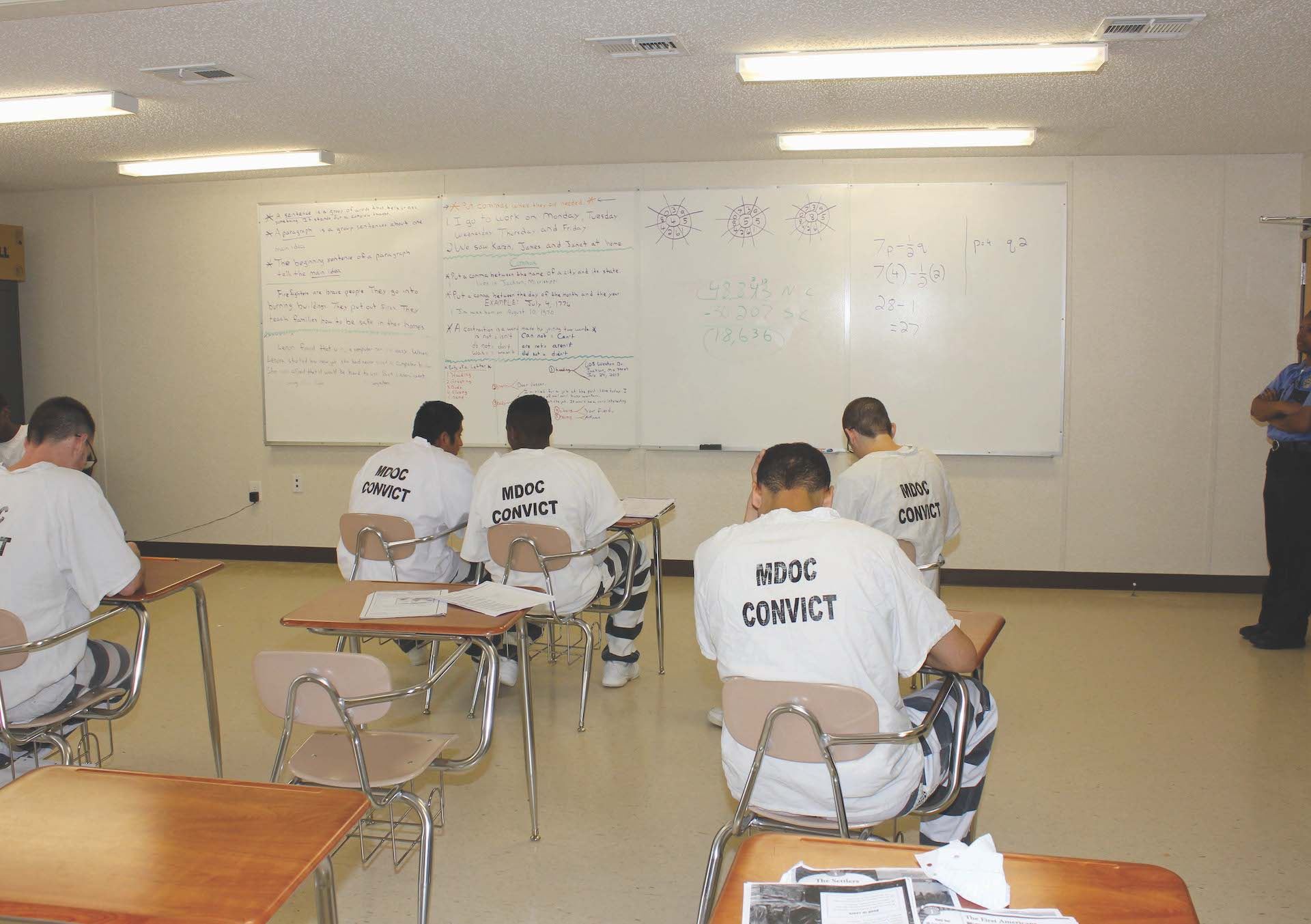Reducing Criminalization and Incarceration for Drug Offenses

A new report from Empower Mississippi gives Mississippi a failing grade for its policies related to the reduction of criminalization for drug offense laws.
Grading Justice gives Mississippi a grade of “F” for its policies relating to reducing criminalization and incarceration that would decrease the harms caused to families and taxpayers by deprioritizing incarceration for drug offenses.
Defelonization moves drug offenses from the felony to misdemeanor level, reducing the harms that accompany a felony conviction. States have also moved to eliminate drug enhancements. Enhancements are well-intended laws that impose additional prison time on drug offenses based on previous offenses, or the location of the offense. These enhancements stack extra prison time on drug offenses that take place near a school, church, or places children are likely to be.
While the laws were intended to keep drugs away from children, they’re often overly broad and rarely used to actually target this intended activity. States have eliminated these restrictions which further decrease incarceration rates and have no negative impact on public safety.
Decriminalization further mitigates the host of other negative impacts associated with criminalizing drug use, from diminished employment prospects to difficulties obtaining housing. Promoting alternative, non-police responses through diversion programs can provide better outcomes.
What was reviewed?
When grading the states decriminalization laws, Grading Justices examines three policies:
- Has the state decriminalized drug offenses to promote non-police responses to these issues?
- Has the state ended felony prosecutions for possession of controlled substances?
- Has the state eliminated drug sentencing enhancements?
Despite recent efforts at reform, Mississippi’s drug sentencing laws remain harsh, subjecting even the lowest-level, first-time drug offenders to prison time. Currently, Mississippi criminalizes all drug offenses.
While simple marijuana possession in very small amounts is technically treated as a misdemeanor in Mississippi, there are still certain circumstances in the state that can trigger a felony conviction.
Mississippi maintains broad sentencing enhancements for drug offenses, doubling sentences for sale of possession within 1,500 feet of a school, movie theater, or church. The state also has a provision that doubles the sentencing length for second-time drug offenses.
Mississippi earns an “F” for its reducing criminalization and incarceration for drug offenses policies, and overall Mississippi received a “D” in Grading Justice. These scores point to the need for further criminal justice reforms in the state.
Grading Justice, a project of Empower Mississippi, scores criminal justice reforms in the Magnolia State by examining 15 policies across the justice system, from pretrial to sentencing and reentry.
Read the full report.
The full report is available at www.GradingJustice.org
